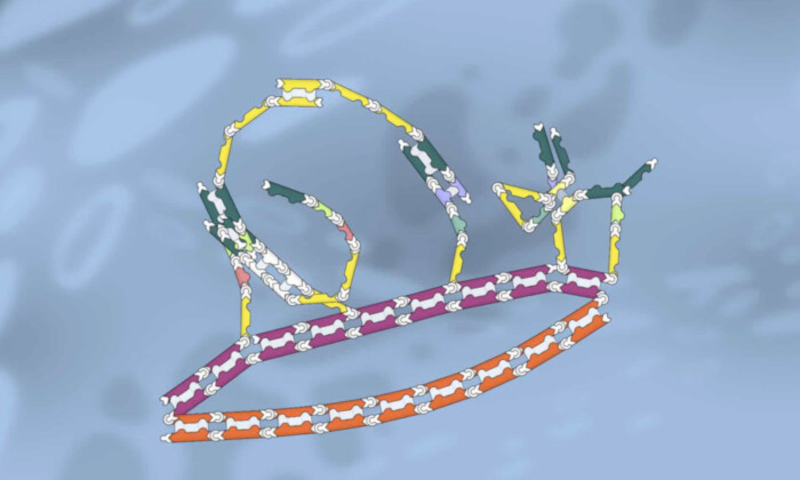Citizen science is taking an innovative turn in cancer research, as highlighted by author and researcher Jeff Yoshimi. In his recent book, Gaming Cancer, Yoshimi explores how gaming can contribute to scientific advancements by harnessing the cognitive abilities of individuals around the globe. Unlike traditional citizen science projects that often rely on computer processing power, these initiatives invite participants to engage their minds in problem-solving tasks related to biology.
Among the notable projects Yoshimi discusses are Eterna, Foldit, and Nanocrafter. Each of these platforms gamifies the process of creating biological molecules, turning complex scientific challenges into interactive puzzles. For instance, Foldit allows users to design proteins in a manner reminiscent of bonsai tree cultivation, while Eterna presents RNA design challenges similar to Sudoku puzzles. Although Nanocrafter has ceased operations, it previously utilized DNA strands as puzzle pieces for users to manipulate.
The impact of these projects is tangible. In one notable instance, Eterna launched an open vaccine challenge that successfully utilized gameplay to aid in the design of RNA molecules for vaccines. The results of this initiative led to significant improvements in real-world vaccine formulations, particularly those that do not require ultra-cold storage solutions. This advancement underscores the potential of citizen science to make meaningful contributions to healthcare.
Yoshimi’s exploration resonates with a broader trend in which gaming intersects with scientific research. The concept of using games as a form of assessment or entry into specialized fields has appeared in various science fiction narratives, such as The Last Starfighter and Stargate: Universe. The idea that future science-related games might trigger scholarship opportunities or job offers is not far-fetched, as engagement in these initiatives could cultivate a new generation of scientists.
In addition to the specific games mentioned, platforms like Zooniverse have also made strides in making citizen science accessible and enjoyable. While Zooniverse may not incorporate the same competitive gaming elements, it offers a range of projects that allow participants to contribute to scientific research both in outer space and on Earth.
As the field of citizen science evolves, the integration of gaming into research presents an exciting opportunity for individuals to contribute to significant scientific advancements. By leveraging the collective intelligence of people worldwide, projects like those outlined in Gaming Cancer not only advance our understanding of complex biological processes but also engage the public in a fun and meaningful way.
